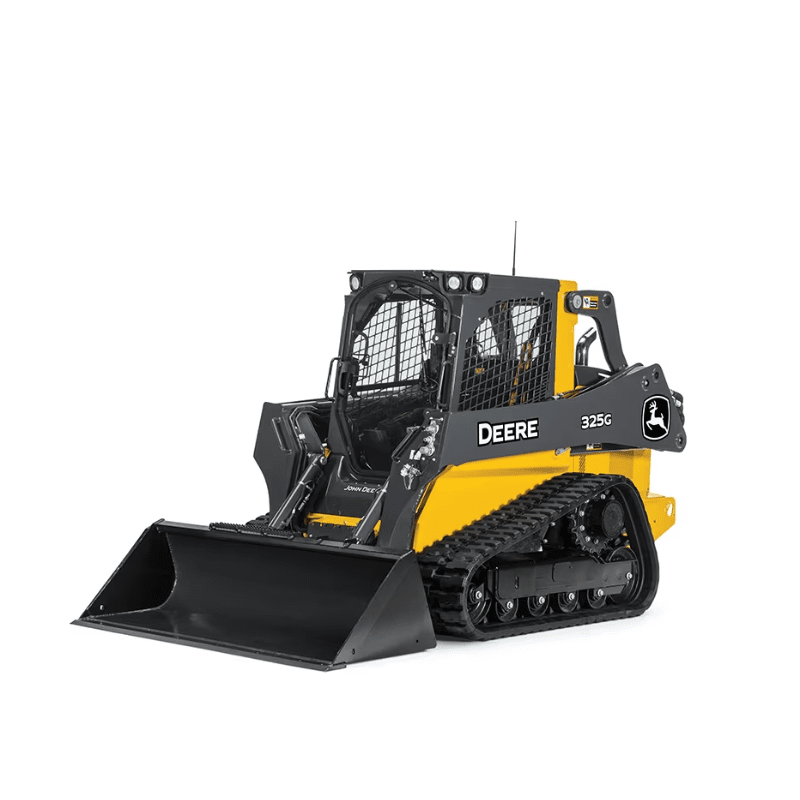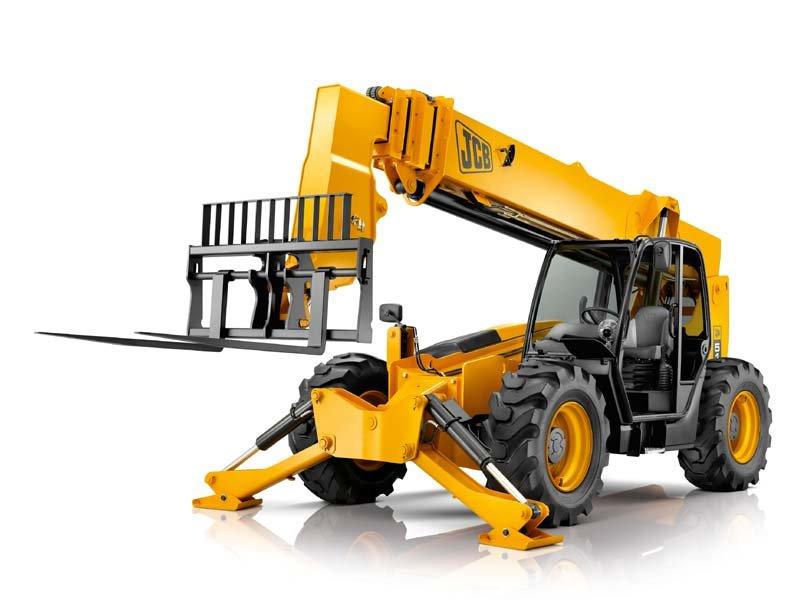Heavy Equipment Rental: Huge Machinery for Any Kind Of Construction Project
Heavy Equipment Rental: Huge Machinery for Any Kind Of Construction Project
Blog Article
Optimize Your Budget Plan by Recognizing the Costs Connected With Building And Construction Equipment Leasings
Understanding the full range of costs linked with building equipment services is critical for optimizing your budget. What strategies can be employed to successfully handle these costs and guarantee a much more reliable rental experience?
Summary of Rental Prices
When taking into consideration building and construction devices services, comprehending the associated prices is extremely important for efficient budgeting and project preparation. Rental prices can vary substantially based upon several factors, consisting of devices type, duration of service, and location. The first rental cost typically shows the equipment's market need and its connected functional abilities, affecting the total expense.
In enhancement to the base rental price, secondary costs might develop, such as transportation fees, gas surcharges, and maintenance costs. It is necessary to account for these additional expenses to accurately examine the overall price of renting tools. The rental duration can affect pricing; longer services may qualify for affordable prices, while temporary leasings might incur higher everyday costs.

Malfunction of Rental Prices
A thorough understanding of rental prices is necessary for specialists and job managers intending to maximize their spending plans. Rental rates for construction equipment commonly include several elements, including base rates, time-based costs, and usage costs.
Base prices are the core costs related to the leasing of the equipment, usually established by the type and size of the machinery. These prices can vary dramatically, influenced by factors such as tools demand, schedule, and regional market patterns. Time-based costs, which may be daily, weekly, or monthly, offer to accommodate different task timelines and rental periods.
In addition, rental prices may consist of usage costs, which apply when devices is utilized beyond a defined threshold, making certain that the rental firm can represent wear and tear. Seasonal need changes can also affect rental rates, with peak building periods typically regulating higher costs.
Moreover, comprehending the rental company's policies pertaining to maintenance and insurance coverage can provide additional understanding into the general price structure. By evaluating these parts, professionals can make enlightened choices, guaranteeing the choice of rental tools aligns with both job demands and spending plan constraints.
Added Costs to Consider
Understanding the complexities of additional fees is important for specialists to handle their total service expenditures successfully. Past the standard rental prices, different auxiliary fees can substantially influence the overall price of equipment service. These costs typically consist of distribution and pick-up costs, which can differ based on distance and logistics involved in transporting the equipment to and from the work website.
In addition, some rental firms may impose fuel surcharges if the tools is returned with much less gas than when their explanation leased. It is likewise vital to recognize possible cleaning costs, specifically for specialized tools that requires thorough upkeep after usage.

Completely evaluating the rental agreement and clearing up these extra fees ahead of time can aid contractors ensure and stay clear of unforeseen expenses that budgets stay intact throughout the task lifecycle.
Repair And Maintenance Expenses
Routine repair and maintenance expenditures are usually overlooked aspects that can substantially influence the overall cost of building devices services. When leasing tools, it is important to think about not just the rental costs but additionally the possible prices connected with keeping the equipment in ideal operating problem.
Lots of rental business include standard maintenance as component of the rental arrangement; however, a lot more extensive repair work or unforeseen failures can bring about additional costs. It's important to review the rental contract carefully to understand what maintenance services are covered and what responsibilities fall on the renter.
Additionally, devices that is not well-kept can result in ineffectiveness on duty site, potentially enhancing and causing delays task prices. To minimize these threats, it is a good idea to carry out routine reference evaluations and maintain open communication with the rental service provider regarding any concerns that develop during use.
Insurance and Responsibility Expenses
Insurance coverage and liability prices are essential elements that can considerably impact the total cost of building equipment services (equipment rental company). These prices guarantee that both the rental company and the customer are protected from possible monetary losses arising from mishaps, damage, or burglary during the rental duration

In addition, clients ought to be aware of any kind of deductibles or exemptions in the insurance coverage, as these can affect prospective out-of-pocket costs. Comprehending the conditions of any insurance protection is vital to avoid unforeseen prices. Ultimately, budgeting for insurance coverage and liability expenditures can assist make certain a smoother rental experience and safeguard against economic risks connected with building tasks.
Final Thought
Finally, a comprehensive understanding of the prices related to building and construction equipment services is necessary for effective budget management. By assessing rental rates, added costs, maintenance expenditures, and insurance policy people, companies and demands can decrease unforeseen expenses. This critical approach not only boosts cost-effectiveness however additionally makes sure that projects progress smoothly and successfully. Eventually, notified decision-making regarding tools rentals adds to the general success of building undertakings.
Rental expenses can vary substantially based on numerous variables, including devices type, period of service, and location (dozer rental). The rental period can impact pricing; longer leasings might qualify for affordable prices, while temporary rentals could incur higher construction equipment dealers everyday fees
By carrying out thorough research study and engaging with reputable rental companies, contractors can efficiently browse the intricacies of rental prices, ultimately optimizing their monetary resources.
Past the typical rental rates, different supplemental costs can significantly influence the total expense of equipment service. Rental firms commonly provide obligation insurance policy that covers injuries to 3rd parties or damages to residential property, while devices damages insurance can cover the cost of repair work or replacement if the rented out equipment is harmed.
Report this page